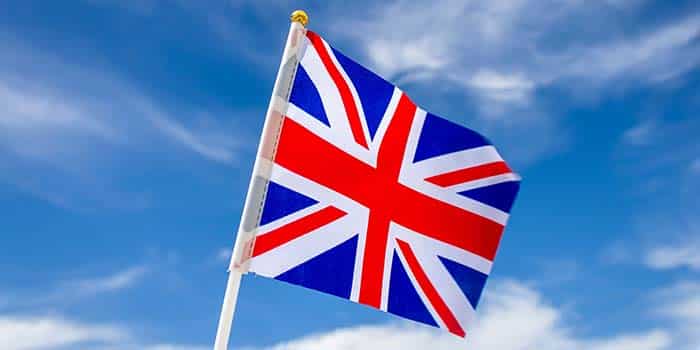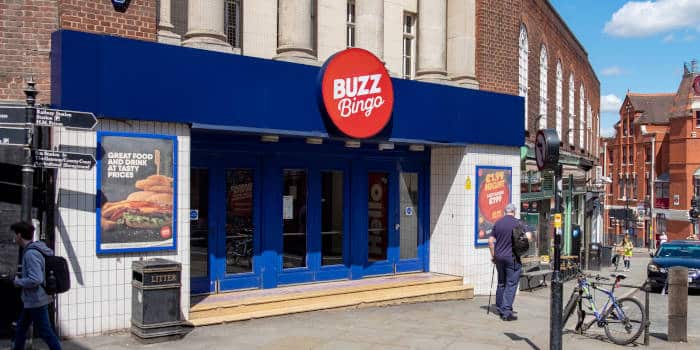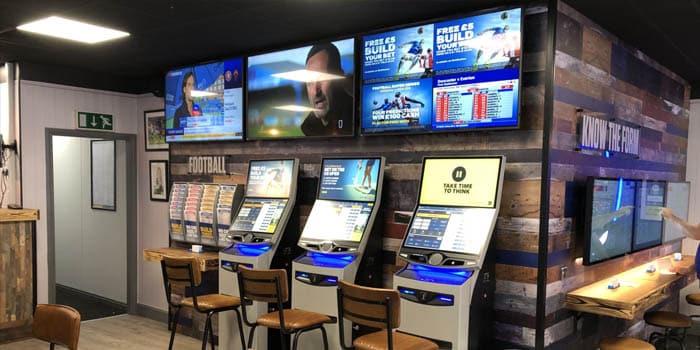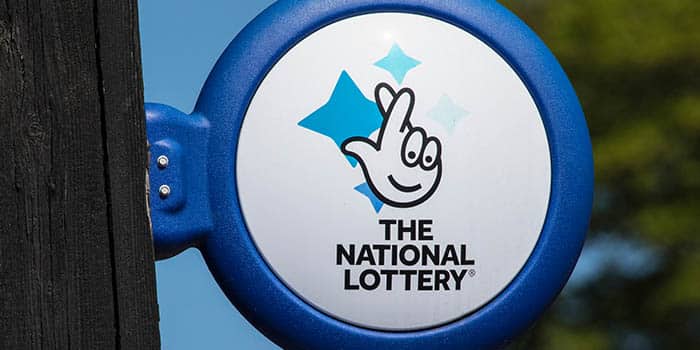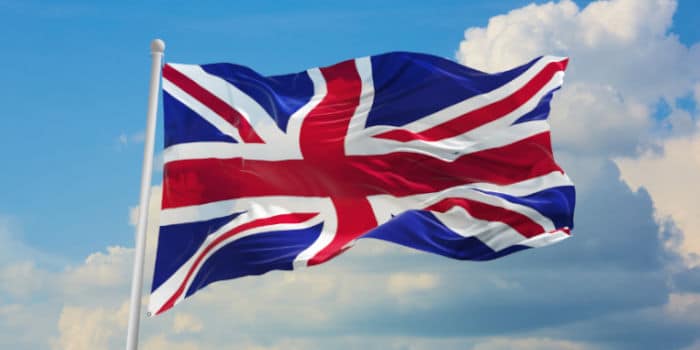- Casino
- By State
- Alabama
- Alaska
- Arizona
- Arkansas
- California
- Colorado
- Connecticut
- Delaware
- Georgia
- Florida
- Hawaii
- Idaho
- Illinois
- Indiana
- Iowa
- Kansas
- Kentucky
- Louisiana
- Maine
- Massachusetts
- Maryland
- Michigan
- Minnesota
- Mississippi
- Missouri
- Montana
- Nebraska
- Nevada
- New Hampshire
- New Jersey
- New Mexico
- New York
- North Carolina
- North Dakota
- Ohio
- Oklahoma
- Oregon
- Pennsylvania
- Rhode Island
- South Carolina
- South Dakota
- Tennessee
- Texas
- Utah
- Vermont
- Virginia
- Washington
- West Virginia
- Wisconsin
- Wyoming
- By State
- Slots
- Poker
- Sports
- Esports
Monzo’s Gambling Protection Tools Set an Example for the Banking Industry

UK-based online banking provider Monzo shared some data regarding its gambling block tool. The company was one of the first to provide a similar service, and recent reports indicate that significantly more people have been taking advantage of it. Monzo’s customer-centric approach has also inspired other financial institutions to introduce similar problem gambling prevention tools.
Monzo Was among the First to Offer Gambling Block
Monzo launched its gambling block service in June 2018, aimed at helping individuals suffering from gambling addiction. Once enabled, the self-exclusion tool automatically blocks any in-person and online transactions to known gambling merchants. The UK bank was one of the first to pioneer such customer protection options and has since worked to expand the service.
In February 2021, Monzo petitioned UK MPs and Ministers to crack down on payments to and from gambling companies, ordering banks to block all such transactions. The company also took matters into its own hands, partnering with TrueLayer to extend its gaming block as open banking API software available to all banks for integration. These measures aim to combat one of the self-exclusion tool’s primary weaknesses.
Monzo’s gambling block only works on direct credit/debit card transactions, meaning that gamblers using alternative payment methods such as Wire Transfers can still deposit freely. Overcoming this limitation relies on deep cooperation with the authorities and other payment providers, which is why Monzo’s open banking solution is a vital step in the right direction.
The Feature Steadily Gained Popularity
Despite the gambling block tool’s shortcomings and voluntary nature, recent reports suggest that more people have started using the service. According to Monzo, more than 500,000 of its six-million users have enabled the self-exclusion feature since its introduction. The number recently skyrocketed, as 50,000 new customers enrolled in just the past six months, signifying the program’s continued success.
Amid the cost-of-living crisis, we know that tools like our gambling block are more important than ever in providing customers with much-needed support.
Natalie Ledward, Monzo Bank head of vulnerability, access & inclusion
The sudden spike in customers using the tool likely resulted from the unstable economic climate. With growing inflation and an uncertain housing market, people have grown more concerned about their budgets, apparently deciding to curb their spending habits.
Self-Exclusion Features Are Becoming Commonplace
Other banks have also started following Monzo’s example. NatWest and Chase introduced similar features, while Lloyds Bank recently announced its ambitious gambling limit program applying to debit cards. Customers will set their monthly limits, budgeting how much they wish to spend on gaming
Such initiatives are steadily gaining traction with an increasing number of high-profile banks, prompting more financial institutions to introduce similar features to keep up with the competition. These measures have the potential to drastically improve client safety, protecting them from overspending on gambling. More importantly, the banks can add these self-exclusion features independently of national regulators, adding another layer of protection for willing customers.
Related Topics:
Deyan is an experienced writer, analyst, and seeker of forbidden lore. He has approximate knowledge about many things, which he is always willing to apply when researching and preparing his articles. With a degree in Copy-editing and Proofreading, Deyan is able to ensure that his work writing for Gambling News is always up to scratch.
Must Read
Industry
July 8, 2025
Trump’s Gambling Tax Cap Draws Divided Opinions





